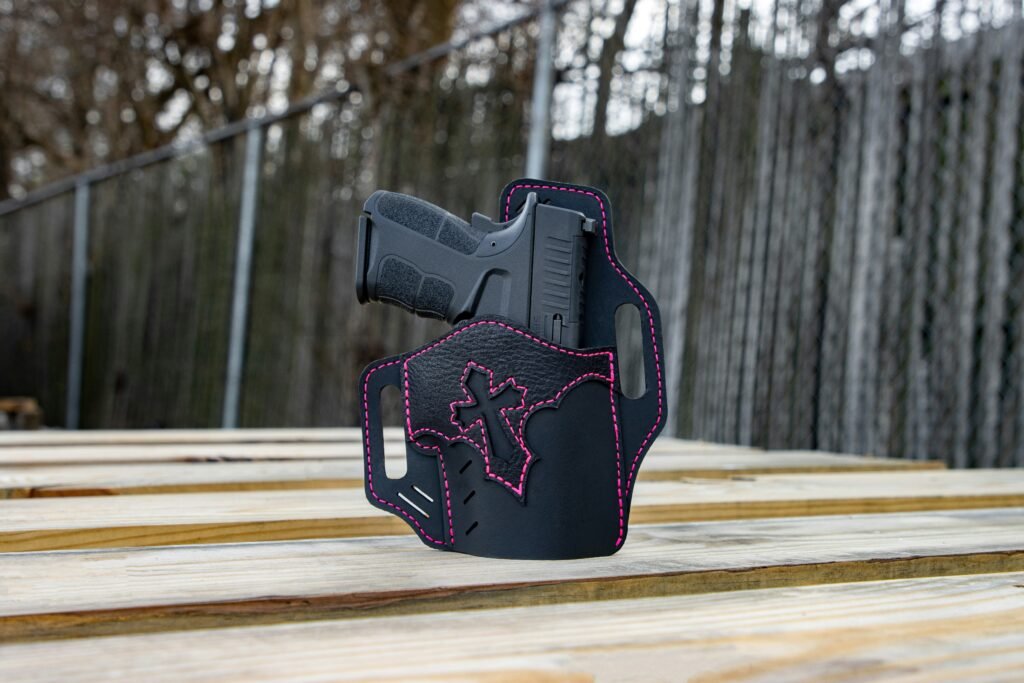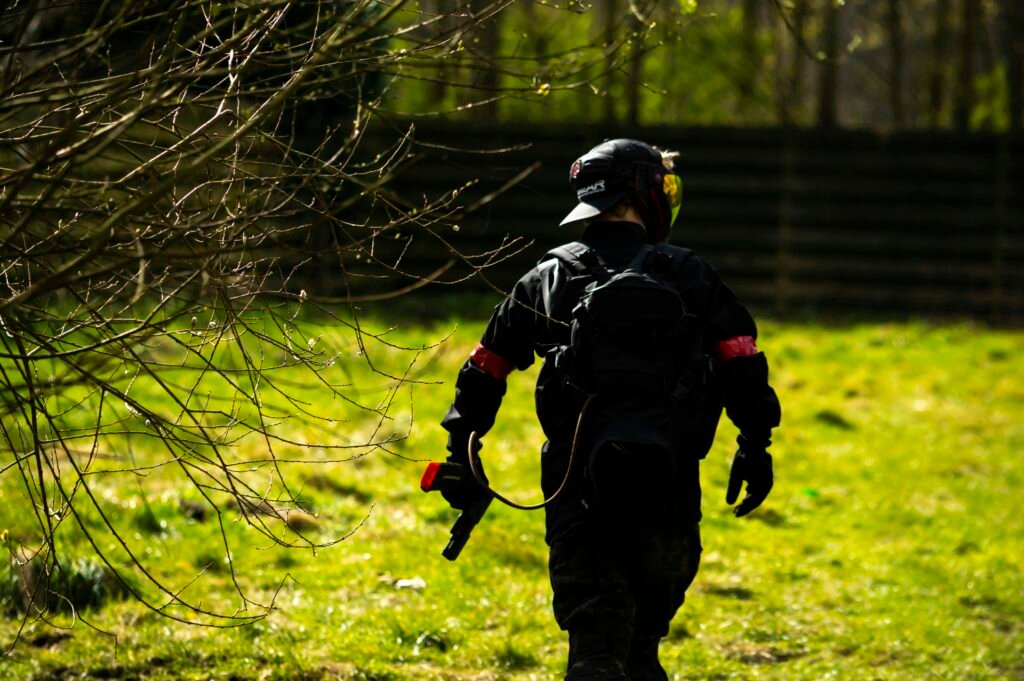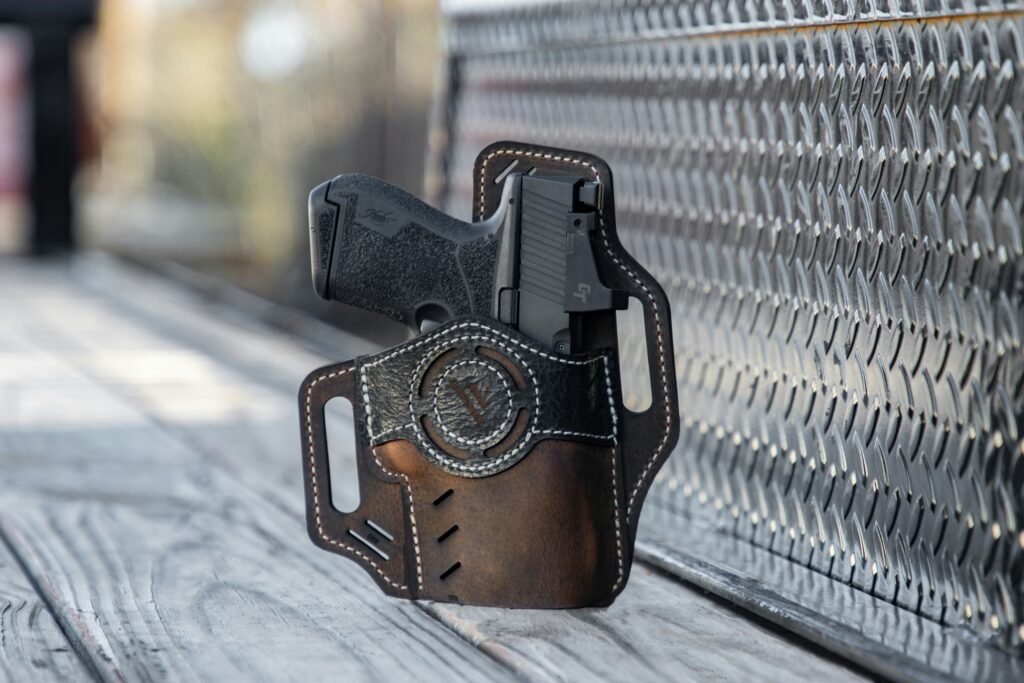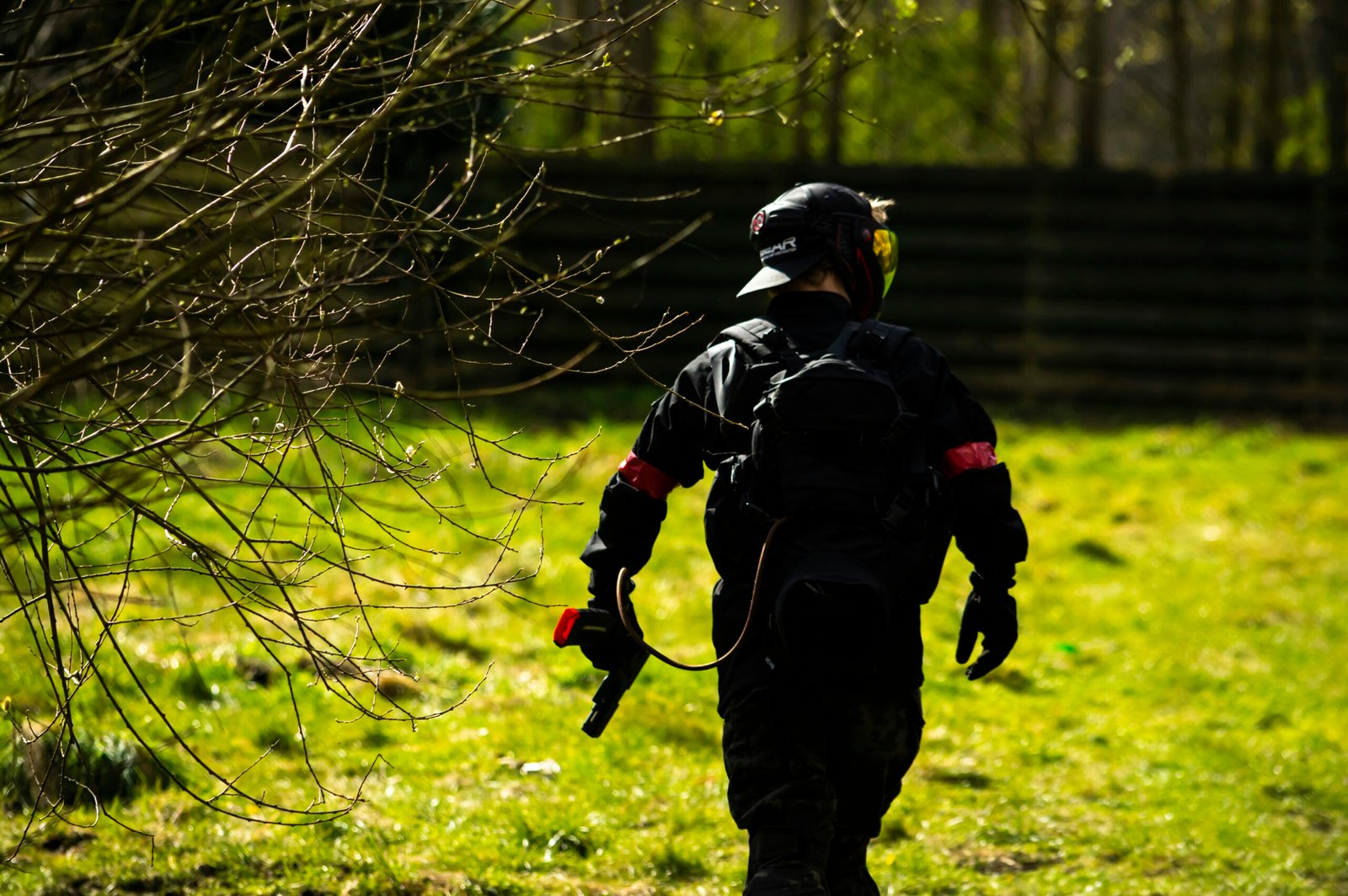Legal Implications of Carrying Firearms in Vehicles

This image is property of images.unsplash.com.
Understanding the laws and regulations
When it comes to carrying firearms in vehicles, it is crucial to understand the laws and regulations in your state. Each state has its own set of rules regarding the transportation of firearms, so it is essential to know what is legal and what is not.
Concealed carry vs. open carry
In some states, individuals have the option to carry a firearm in their vehicle either concealed or openly. Concealed carry means that the firearm is not visible to others, while open carry means that the firearm is in plain sight. Before deciding whether to carry a firearm in your vehicle, it is important to know which method is legal in your state and what the requirements are for each.
Transporting firearms safely
Regardless of whether you choose to carry your firearm concealed or openly, it is crucial to transport it safely in your vehicle. This includes storing the firearm in a locked container or gun safe, keeping ammunition separate from the firearm, and ensuring that the firearm is not easily accessible to unauthorized individuals. By taking these precautions, you can help prevent accidents and keep yourself and others safe.
Table: Tips for safe firearm transportation in vehicles
| Tip | Description |
|---|---|
| Store firearm in a locked container | This helps prevent unauthorized access to the firearm and reduces the risk of theft. |
| Keep ammunition separate | Storing ammunition separately from the firearm reduces the risk of accidental discharges. |
| Ensure firearm is not accessible | Keeping the firearm out of reach and out of sight helps prevent unauthorized use of the weapon. |
License requirements
In many states, individuals must have a valid concealed carry permit in order to carry a firearm in their vehicle. This permit allows individuals to legally carry a concealed firearm for self-defense purposes. Before transporting a firearm in your vehicle, it is important to check the license requirements in your state and obtain the necessary permits if needed.

This image is property of images.unsplash.com.
Interstate travel with firearms
If you plan on traveling across state lines with a firearm in your vehicle, it is essential to be aware of the laws in each state you will be passing through. Some states have strict regulations regarding the transport of firearms, and violating these laws can result in serious legal consequences. Before embarking on a road trip with your firearm, be sure to research the laws of each state you will be traveling through and make sure you are in compliance with all regulations.
Table: Interstate travel laws for firearms
| State | Transport regulations |
|---|---|
| State A | Firearms must be unloaded and stored in a locked container. Concealed carry permits from other states may not be valid. |
| State B | Open carry of firearms is prohibited. Concealed carry permits from certain states are recognized. |
| State C | Background checks required for all firearm purchases. Firearms must be transported in accordance with state laws. |
Liability issues
Carrying a firearm in your vehicle also raises liability issues that you should be aware of. In the event that you are involved in a shooting incident, whether in self-defense or otherwise, there may be legal implications that you will need to address. It is important to understand your rights and responsibilities when carrying a firearm in your vehicle and to be prepared for any legal consequences that may arise.
Table: Liability issues with carrying firearms in vehicles
| Issue | Description |
|---|---|
| Self-defense laws | Different states have different laws regarding self-defense and the use of deadly force. It is important to know the laws in your state and how they apply to carrying a firearm in your vehicle. |
| Criminal charges | Improperly transporting a firearm or using it in self-defense can result in criminal charges such as reckless endangerment, assault, or even murder. Being familiar with the potential charges can help you avoid legal trouble. |
| Civil lawsuits | If you are involved in a shooting incident, you may also face civil lawsuits from the other party or their family. This can result in financial liability and legal repercussions, so it is important to be prepared for this possibility. |

This image is property of images.unsplash.com.
Insurance coverage
Another consideration when carrying a firearm in your vehicle is insurance coverage. While some insurance policies may provide coverage for incidents involving firearms, others may explicitly exclude such incidents from coverage. It is important to review your insurance policy carefully and make sure you understand what is and is not covered when it comes to carrying a firearm in your vehicle.
Seeking legal advice
Given the complexity of the laws and regulations surrounding the carrying of firearms in vehicles, it may be beneficial to seek legal advice. An attorney who is knowledgeable about firearms laws in your state can provide valuable guidance on how to legally transport and carry a firearm in your vehicle, as well as what to do in the event of a shooting incident. By consulting with a legal professional, you can ensure that you are fully informed and prepared for any legal issues that may arise.
Conclusion
Carrying a firearm in your vehicle comes with legal implications that you should be aware of. By understanding the laws and regulations in your state, transporting firearms safely, obtaining the necessary licenses, and being prepared for liability issues, you can responsibly exercise your right to carry a firearm for self-defense purposes. Remember to always prioritize safety, compliance with the law, and seeking legal advice when needed to protect yourself and others.



